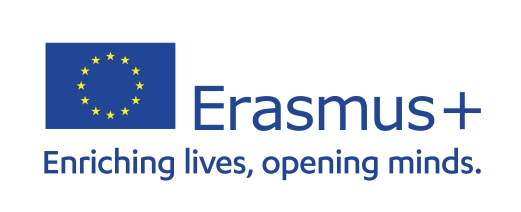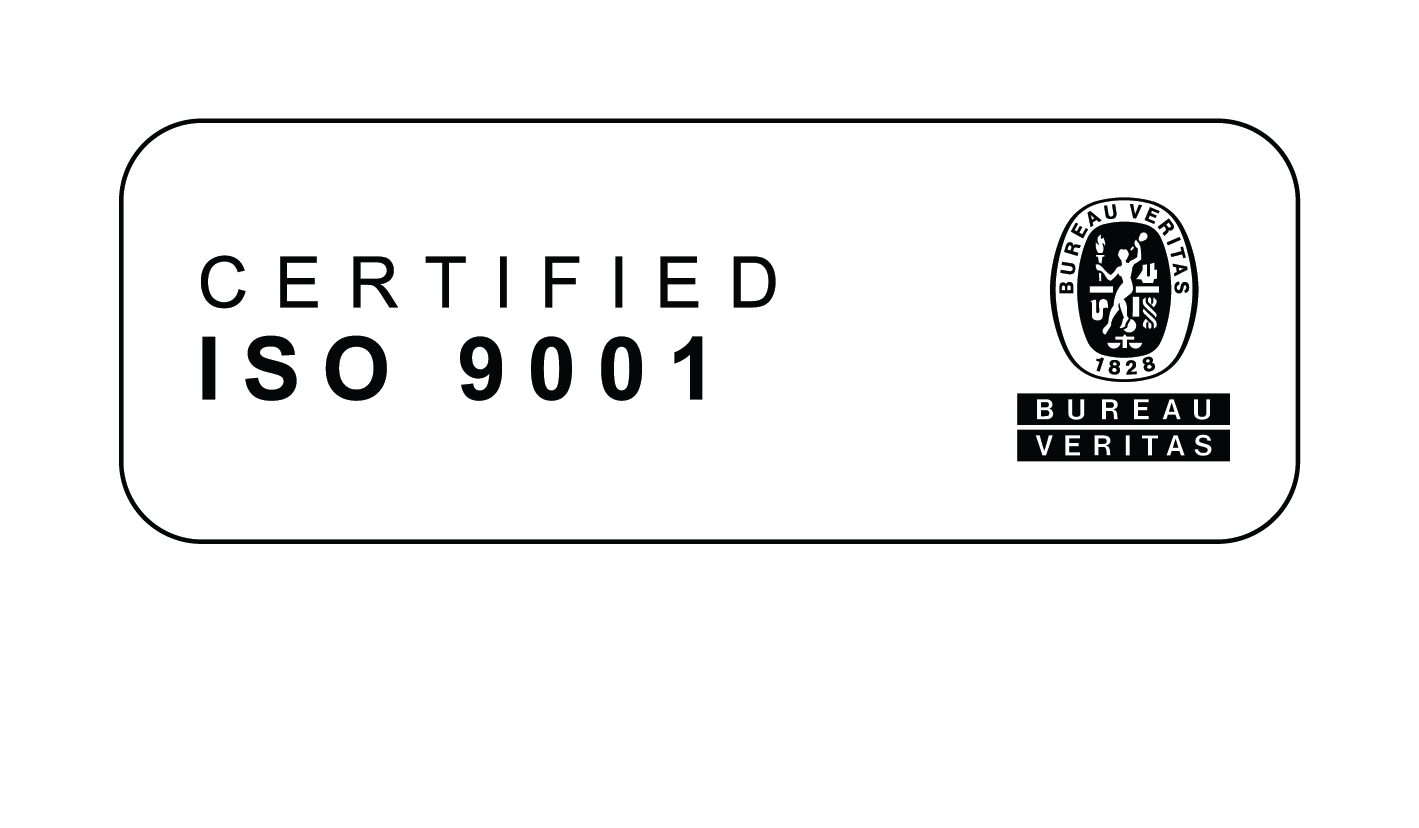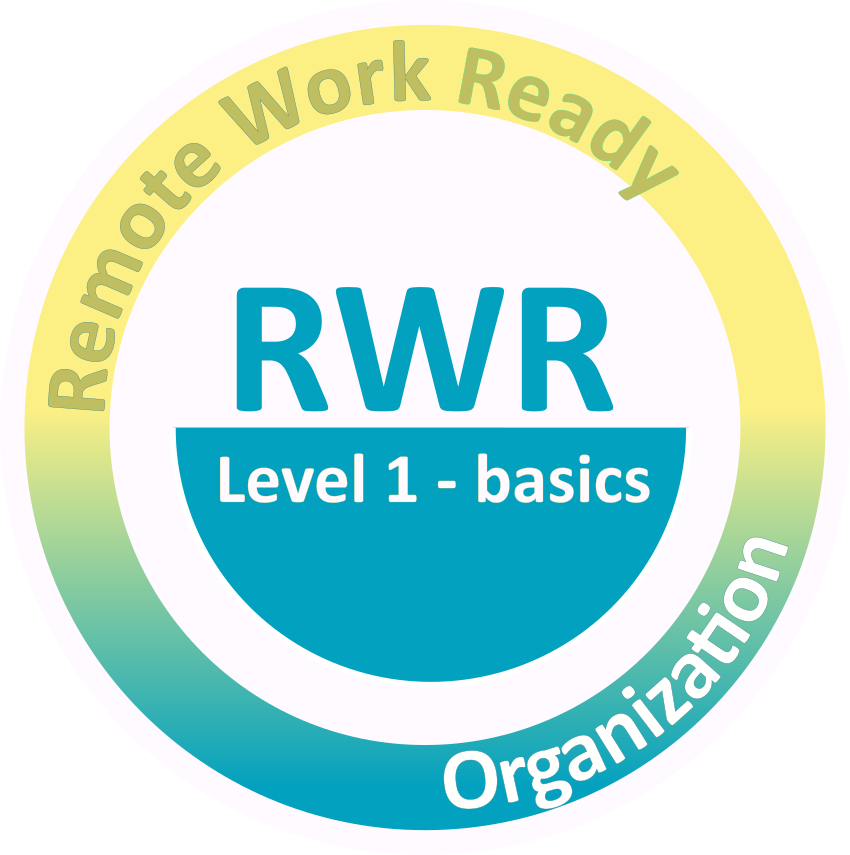International Cooperation
The application procedure for Erasmus+ mobility for students, teachers and administrative staff for the academic year 2025/2026 is officially open. For further details please check Mobility.
UNIVERSITY OF APPLIED SCIENCES OF RIJEKA - STUDENT GUIDE
All the relevant information concerning travelling to Croatia are available here.
ABOUT INTERNATIONAL COOPERATION
The University of Applied Sciences of Rijeka has recognized the importance of internationalization of higher education and, therefore, it carries out the following activities:
- developing international cooperation with partner institutions in Europe and the world
- encouraging mobility of students, teachers and non-teaching staff (Erasmus+ and CEEPUS programs).

The European Commission has awarded the ''Erasmus Charter for Higher Education 2021–2027'' certificate to the University of Applied Sciences of Rijeka, which will enable the University to participate in the activities of the Erasmus+ program in the next period.
Institution: University of Applied Sciences of Rijeka, Rijeka, Croatia
Erasmus code of the institution: HR RIJEKA02
Subject area code (ISCED): 0311 - Economics, 041 - Business and administration, 1015 - Travel, tourism and leisure, 061 - ICTs, 081 - Agriculture, 1022 - Occupational health and safety, 1032 - Protection of persons and property, 104 - Transport services, 0710 - Engineering and engineering trades, not further defined
In order to enable a higher quality of college education, work and training for teaching and non-teaching staff, the University of Applied Sciences of Rijeka entered the Erasmus mobility program in 2009. The Erasmus program enables students, teaching and non-teaching staff of the University of Applied Science of Rijeka to visit one of the countries members of the European Union in order to learn, teach or attend professional training.
The exchange of teaching and non-teaching staff ensures multifold positive outcomes, for instance, the Erasmus+ program served as a basis for developing new study programs. The University of Applied Science of Rijeka in cooperation with its bilateral partner from Germany, TH Wildau from Berlin, developed and founded the undergraduate professional study program of Telematics.
The University of Applied Science of Rijeka has signed over thirty Erasmus Bilateral Agreements with partners from different European countries. Students from European institutions of higher education, who have signed the Erasmus Bilateral Agreement with the Polytechnic of Rijeka, may spend one or two semesters studying at our University.
Incoming Erasmus students should be officially nominated for Erasmus+ exchange by their home institution. After being nominated, Erasmus students should fill the Application Form and upload all relevant documents (more information on application procedure can be found here). After the nomination, students will be contacted by our Erasmus coordinator for further arrangements.
International students can connect to the Erasmus Student Network Croatia - ESN Croatia.
Staff members (teaching and non-teaching) from Partner High-education Institutions are welcome to visit the University of Applied Science of Rijeka for teaching or training purposes. Interested teaching staff members should see the list of our study programmes and courses and contact our International Cooperation Office (mobility@veleri.hr) regarding mobility arrangements. Non-teaching staff are welcome to contact our International Cooperation Office as well for staff training.
Invited incoming staff from enterprises may apply to the University of Applied Science of Rijeka for Erasmus+ grant for teaching mobility at VELERI. Incoming staff from enterprises invited to teach may be employed in any public or private organization (not awarded with an ECHE – Erasmus Charter for Higher Education) in an EU Member State or third country associated to the Programme.
The mobility of staff from an enterprise is arranged by an invitation letter issued by the University of Applied Science of Rijeka (department / study programme) to the staff member of the enterprise and by teaching programme. Erasmus+ grant for invited staff from enterprises comprises of contribution to the travel cost (the financial support for travel cost is a sum that covers travel cost to/from the place of the activity based on the EU Distance Calculator) and subsistence during the period abroad (for Croatia daily amount is 112 EUR). The candidate can apply for Erasmus+ grant to our International Cooperation Office by submitting: Application form for incoming staff from enterprises, Staff Mobility Agreement for Teaching (signed by all sides), Invitation Letter issued by the Polytechnic of Rijeka (department / study programme), Employment status certificate, CV (in English or Croatian) and GDPR Form. Minimum duration of invited staff mobility is 1 day. There is no minimum number of teaching hours for invited staff from enterprises.
Erasmus+ international cooperation with partner universities from outside of Europe (third countries) - (Key Action 1) KA171
University of Applied Science of Rijeka has signed bilateral Erasmus agreements with the University of Mostar and the School of Economics and Business, the University of Sarajevo from Bosnia and Herzegovina under the condition of KA171. A Partner country (non-EU) Institution can send its students and/or staff to the University of Applied Science of Rijeka and the other way around.
Students and staff members should contact their home university to be nominated at the University of Applied Sciences of Rijeka. Once You were nominated to the University of Applied Science of Rijeka, you will be contacted by our Erasmus coordinator for further arrangements.
The grants for incoming students and staff are funded by the European Union (financial support 2022-KA171).
Green Erasmus+: Recommendations to participants for greener mobility within the Erasmus+ programme
The Erasmus+ program strongly promotes environmental protection and the transition to a green society. Useful information on how to behave before, during and after mobility to make it as environmentally friendly as possible can be found here.
Students with fewer opportunities (KA171)
Incoming students who belong to the category of students with fewer opportunities are entitled to a top-up. The award procedure of the top-up for students with fewer opportunities can be found here.
Students and staff with special needs (disabilities)
University of Applied Science of Rijeka welcomes students and staff with special needs. Information for students and staff with disabilities can be found here.
Data protection
Personal data are confidential and will only be treated with regard to your application and participation in the Erasmus+/CEEPUS programme according to national law.
Application form for the additional financial support for inclusion - incoming participants – KA171
Nomination deadlines - Erasmus+ students:
1st June – for the winter semester / whole academic year
1st November – for the summer semester
Application deadlines – Erasmus+ students:
15 June - for the winter semester / whole academic year
15 December - for the summer semester
More on the application procedure you can find here.
Erasmus Policy Statement 2021-2027
The University of Applied Science of Rijeka is taking part in nine CEEPUS Networks:
- CIII-BG-1103 - Modelling, Simulation and Computer-aided Design in Engineering and Management
- CIII-BG-0722 - Computer Aided Design of automated systems for assembling
- CIII-SK-0044 - Applied Economics and Management
- CIII-HU-0028 - Active Methods in Teaching and Learning Mathematics and Informatics
- CIII-RS-0065 - Intelligent Automation for Competitive Advantage
- CIII-SK-0405 - Renewable energy sources
- CIII-BA-1402 - New teaching technologies and new applications in modernization of teaching at the Faculties of Technical Sciences in connection with the needs of small and medium enterprises in the environment
- CIII-RS-1412 - Interdisciplinary approach for enhancing knowledge in supply chain analytics (SCAN)
- CIII-RS-1815 - Greening Project Management for a Sustainable World: Developing and Empowering a New Generation of Changemakers
There are two types of mobility: mobility inside CEEPUS networks (network mobility) and mobility outside CEEPUS networks (freemovers). Mobility within the networks is a priority.
CEEPUS teachers are obligated to carry a workload of at least 6 teaching or supervising hours a week (i.e. a stay of 5 workdays) at the host institution.
DURATION OF STAFF MOBILITY: min. 5 days - max. 30 days.
Period of mobility visit: Staff Mobility for Teaching can be carried out only during the lecture period at the University (Veleri academic calendar).
More information on CEEPUS mobility to Croatia is available here.
NATIONAL HOLIDAYS IN CROATIA - 2024:
January 1 (New Year’s Day)
January 6 (Epiphany)
varying date (Easter and Easter Monday)
May 1 (Labour Day)
May 30 (Statehood Day)
June 8 (Corpus Christi)
June 22 (Anti-Fascist Struggle Day)
August 5 (Victory and Homeland Thanksgiving Day and the Croatian War Veterans Day)
August 15 (Assumption Day)
November 1 (All Saints' Day)
November 18 (Remembrance Day)
December 25 & 26 (Christmas and St. Stephen’s Day)
University of Applied Science of Rijeka ensures equal opportunities to participants from all backgrounds, paying particular attention to the inclusion of those with fewer opportunities. It does not allow any discrimination based on sex, race, colour, ethnic or social origin, genetic features, language, religion or belief, political or any other opinion, membership of a national minority, property, birth, disability, age or sexual orientation.
Important information on studying and living in Croatia you can find here: STUDY IN CROATIA.
More information you can also find in the International Student Guide to Croatia.

